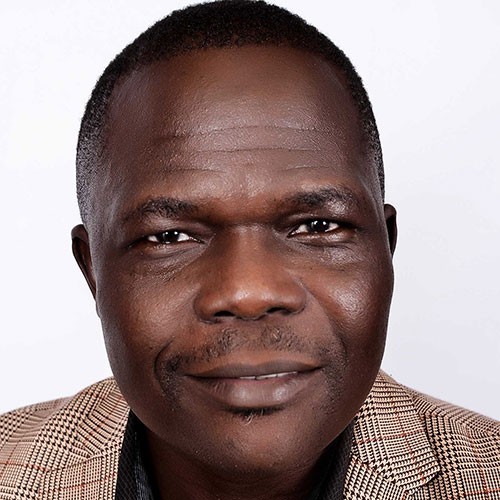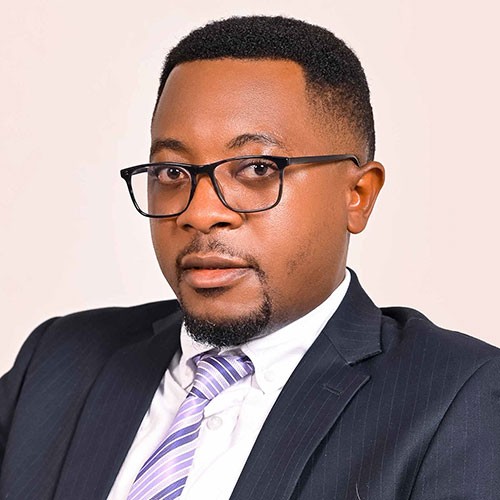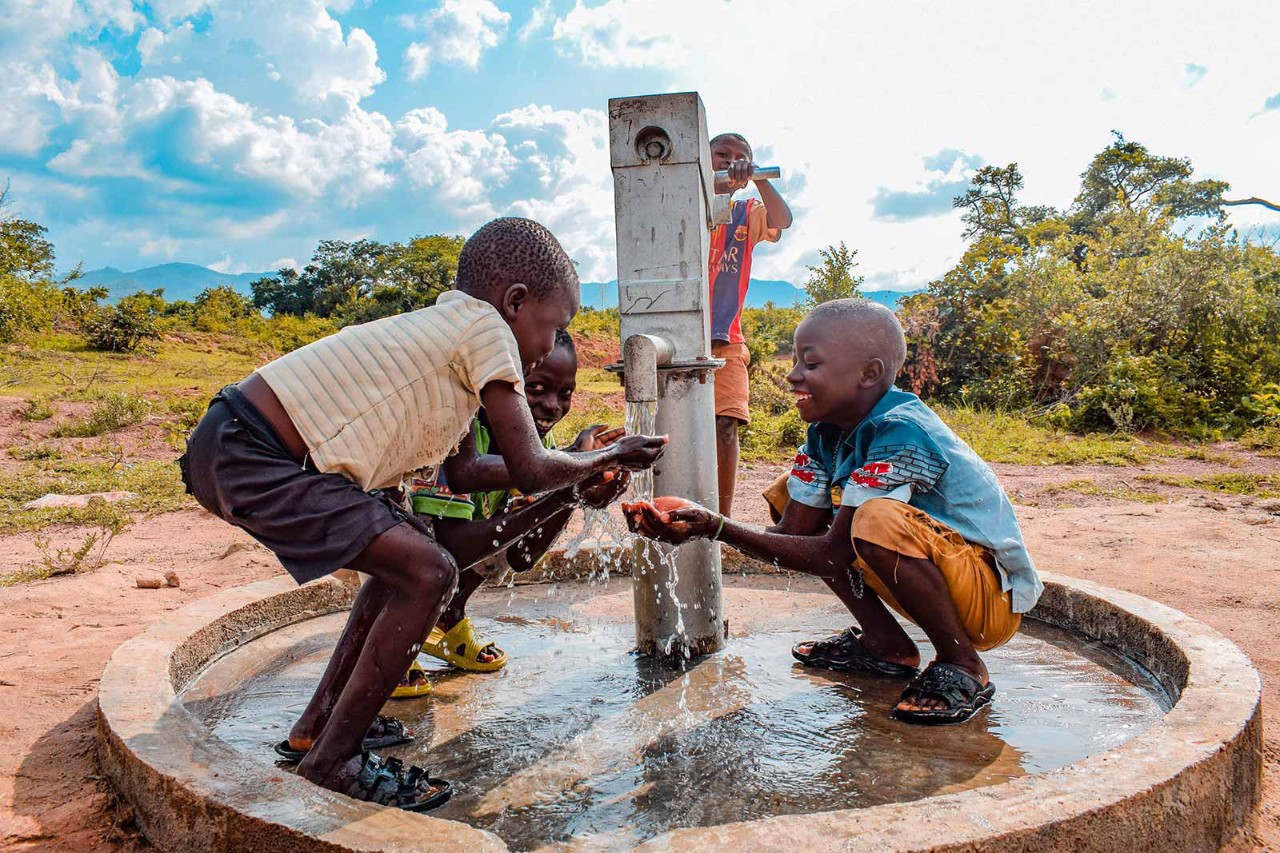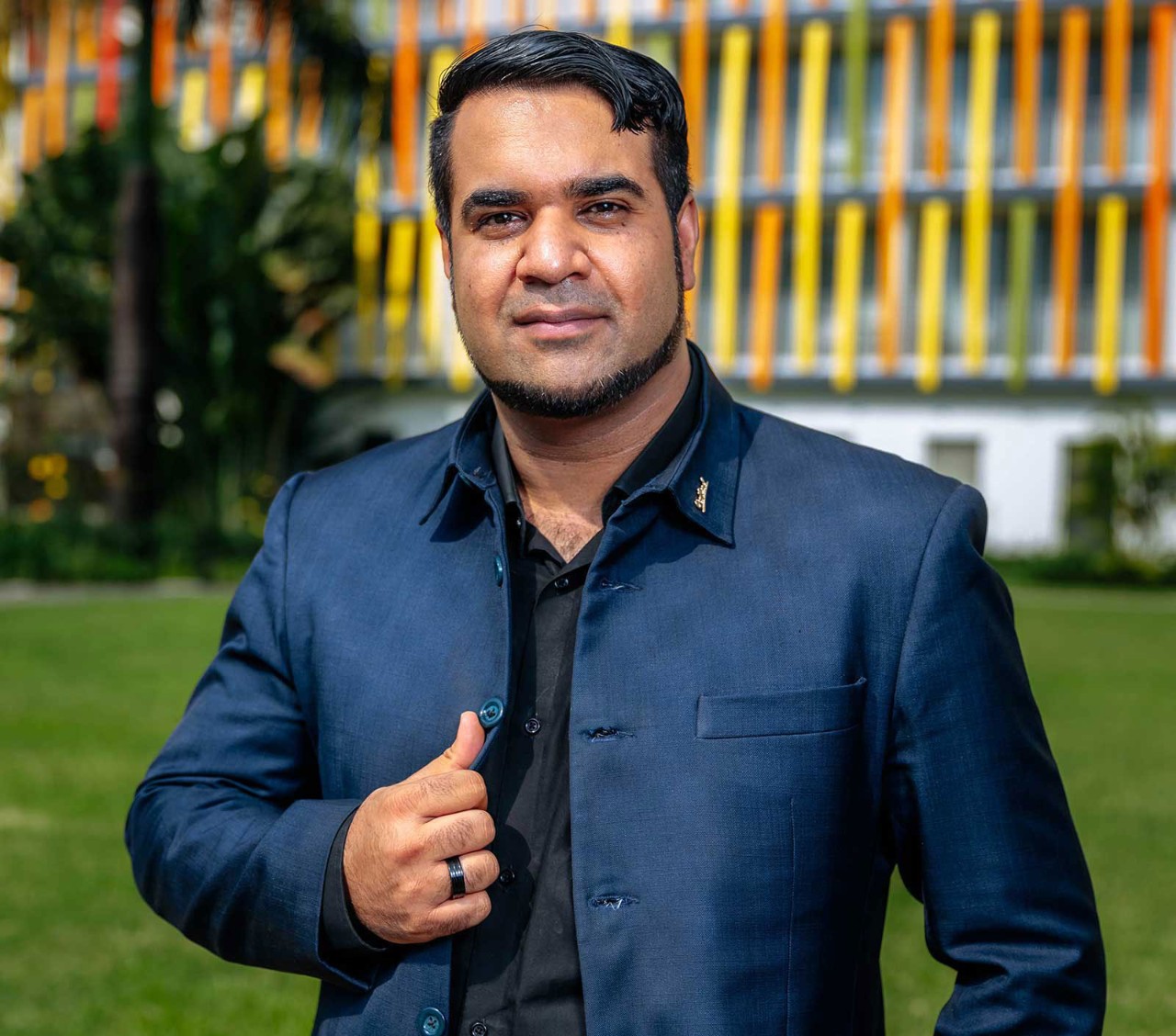The reason why I’ve spent the majority of my career in the third sector concerns the key drivers and strategic intent of non-governmental organisations (NGOs). While corporations tend to have a muscular approach to doing business that is focused on profit, NGOs use a gentler approach based on accountability. I admire and support this notion of accountability – to the donors who provide the funds and to the beneficiaries who need them.
So far, I have had senior finance roles at two NGOs: Conservation International and Concern Worldwide. Conservation International channels donor funds through government and community structures for sustainability projects and recently invested in a system to track carbon emissions, while Concern Worldwide is a humanitarian organisation that tackles poverty, specialising in emergencies, and working directly with beneficiaries.

My career choice was motivated by the promise of a good job
When I was in secondary school in Uganda, my accounting teacher was always singing the praises of a career in accounting. At the time, his advice fell on deaf ears as I had set my heart on becoming a mechanical engineer; I loved the idea of putting a pair of overalls, sliding under a car and fixing it. By the time I left school, I had been offered a full scholarship to study computer engineering at Kampala University.
My plans changed when a friend told me about ACCA. Having consulted my former teacher, who said it was a tough course but that once qualified I would be in demand and well paid, I decided I should go for it, motivated by the promise of a good job and a good salary.
In a nutshell, my current role with Conservation Worldwide is to ensure funds are allocated in accordance with the criteria defined by the donor. I also help lead the auditing process, ensuring total compliance with internal control procedures. We review and marry the budget to the programme team’s plan, working together closely, as the narrative report should always match the financial report.
Monitoring is another big task. We review field reports and do independent checks while mapping donor expenses to help ease reporting. We also have responsibility to interpret donor rules and support programme implementation team reviews, where different challenges and solutions are discussed.
My favourite quote is ‘Life is 10% what happens to you and 90% how you react’
My favourite quote comes from Charles R. Swindoll, an American evangelical Christian pastor. He said that ‘Life is 10% what happens to you and 90% how you react.’ I couldn’t agree more.
If I had law-making powers, I would focus on improving governance in public office. Civil servants should be accountable to the public for their decisions and actions and submit themselves to scrutiny to ensure this.
What I enjoy most about my job is being able to influence decisions and see the people I serve satisfied. From a practical point of view, having the flexibility to work from home, or anywhere with internet, makes life a lot easier.
As a professional accountant, I am proud to have persuaded senior finance management to switch to paying beneficiaries via mobile money. This change took almost three years to gain approval but has improved the organisation’s operational efficiency, achieved savings, and ensured the safety of funds. Prior to this, cashiers needed to be regularly on the road, travelling to by car to pay programme participants with bags full of cash. My biggest personal achievement was saving the money to pay for my full-time MBA with the University of Wales.
In my spare time I love sports. I especially enjoy aerobics, football, hockey and sometimes jogging. I also like hanging out with friends, having a picnic, and helping my nephews and nieces achieve their academic goals.



